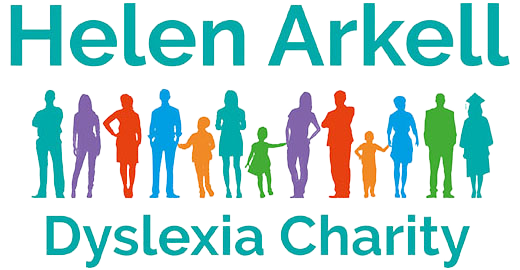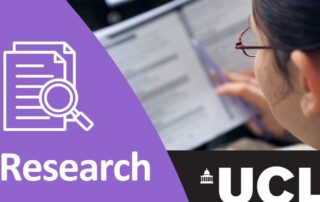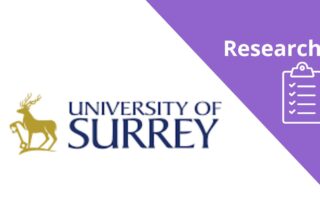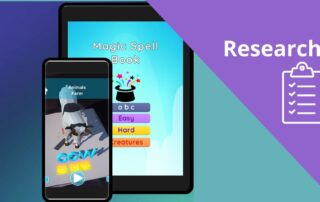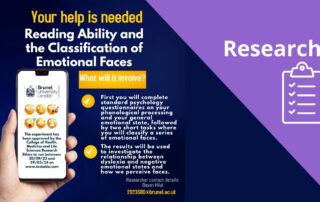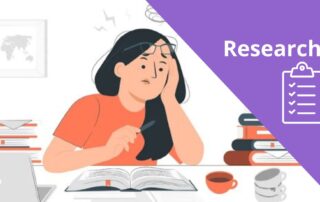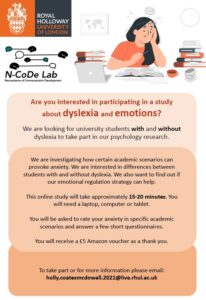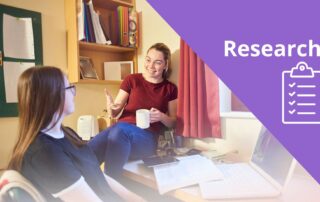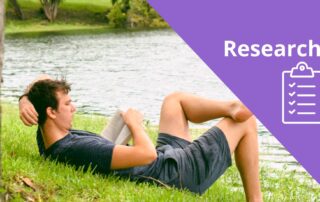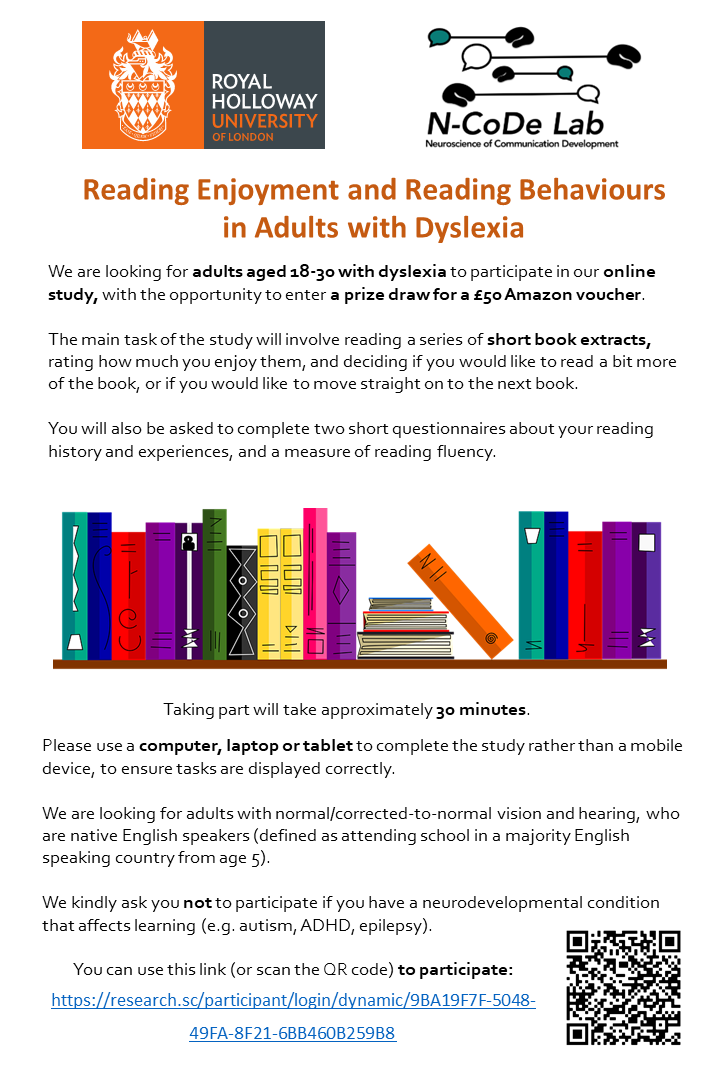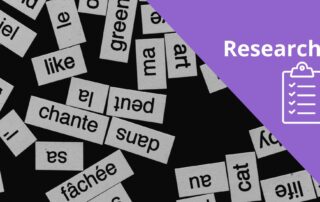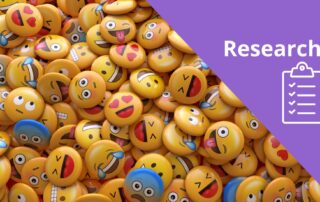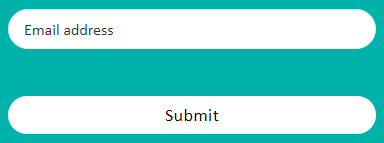Dyslexic readers needed for an eye tracking study!
Can bolding text benefit reading in dyslexic and non-dyslexic readers?
A team of researchers at the University College London are looking for participants to help in a study aimed at understanding the reading patterns of individuals with dyslexia.
This research will help better understand the cognitive processes that underlie reading. They will use an eye-tracker to do this. By monitoring readers’ eye movements, you can learn a great deal about the moment-to-moment decisions made by readers. Reading is a vital skill in modern society and finding out more about how we achieve this amazing skill can help us better understand how to teach reading or to help those who struggle. Participants will be asked to attend a single session lasting between 1-1.5 hours at 26 Bedford Way, University College London, WC1H 0AP
During the session you will be asked to:
- Complete several tasks measuring general language skills.
- Read short extracts of text off a computer screen while your eye movements are recorded.
To be eligible you must:
- Have a dyslexia diagnosis and be aged between 18-40 years old.
- Have native-level English proficiency (or spoken English for 15+ years).
- Have Normal or corrected-to-normal vision (with glasses or preferably contact
- lenses).
- Have no history of significant hearing loss or neurological disease.
Participants will be compensated for their time by receiving either £9/hour or 1 Credit/hour and will be helping grow our understanding in how best to help those with dyslexia, learn in the best way possible.
Please contact Haibei Wang if you are interested in taking part in this study:
Haibei.wang.23@ucl.ac.uk
+44 (0)7503986873
